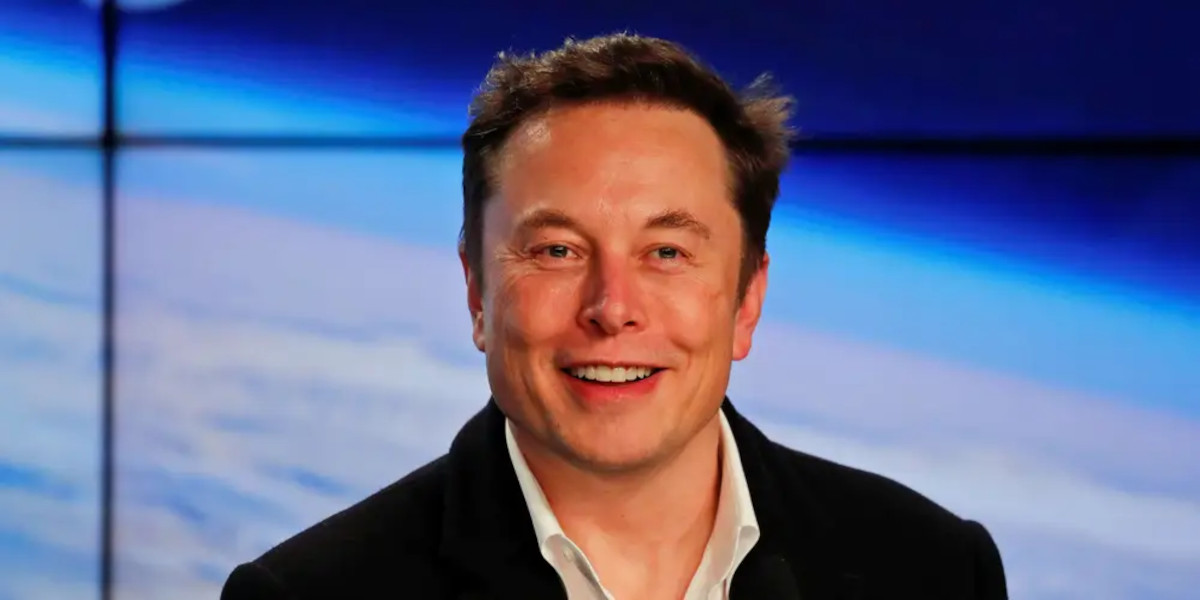Introduction
Tesla’s upcoming shareholder meeting on June 13, 2024, has generated significant attention due to the pivotal vote on Elon Musk’s $56 billion compensation package. This decision is set to influence the future of Tesla and its leadership. In this comprehensive analysis, we explore the intricacies of the proposed pay package, the divided opinions among shareholders, and the potential implications of the vote on Tesla’s future.
The Context of Musk’s Compensation Package
Background and Structure of the Package
Elon Musk’s $56 billion compensation package, initially structured in 2018, was designed to incentivize extraordinary performance and align his interests with those of Tesla shareholders. The package includes stock options that vest only when specific market capitalization and operational milestones are achieved .
Rationale Behind the Package
Robyn Denholm, Tesla’s Board Chair, emphasizes the unique nature of Musk’s leadership and the company’s unconventional approach to compensation. Denholm argues that traditional executive compensation models do not apply to Tesla, asserting that Musk’s vision and leadership are critical to the company’s success (CleanTechnica).

Shareholders’ Perspectives: A Divided Stance
Supporters of the Pay Package
Proponents of the compensation package believe that Musk’s leadership has been instrumental in Tesla’s rapid growth and innovation. They argue that retaining Musk is crucial for sustaining the company’s trajectory and achieving future breakthroughs. Supporters also highlight that the stock-based nature of the package directly ties Musk’s rewards to Tesla’s performance, thus aligning his interests with shareholders (Electrek).
Opponents of the Pay Package
On the other hand, a significant faction of shareholders, including prominent figures like Leo Koguan, oppose the package. Critics argue that the compensation is excessive and not justifiable given Musk’s divided attention across multiple ventures, including SpaceX, Neuralink, The Boring Company, and others. They also cite concerns about Musk’s management style and recent actions, such as the controversial acquisition of Twitter (CleanTechnica) (Electrek).
Implications of the Vote
Potential Outcomes
The outcome of the vote on June 13th holds substantial implications for Tesla. If the package is approved, it would reaffirm Musk’s leadership and potentially boost investor confidence in his continued commitment to Tesla. Conversely, a rejection could signal a loss of confidence and possibly lead to Musk reconsidering his role within the company (CleanTechnica).
Impact on Tesla’s Stock and Operations
A positive vote may lead to a short-term boost in Tesla’s stock price, reflecting investor optimism. However, a negative vote could result in volatility, with potential sell-offs by shareholders concerned about the company’s future direction without Musk’s full engagement. Additionally, operationally, the company might face challenges in maintaining its innovative edge without Musk’s visionary leadership (Electrek).
Broader Corporate Governance Issues
Criticisms of Tesla’s Board Independence
Critics have also raised concerns about the independence of Tesla’s board of directors, highlighting close relationships between board members and Musk. This perceived lack of independence has fueled arguments against the compensation package, with critics asserting that an independent board would better safeguard shareholder interests (Electrek).
Governance Reforms
In response to these criticisms, there have been calls for governance reforms at Tesla. Proposals include enhancing board independence, improving oversight mechanisms, and ensuring more transparent and accountable decision-making processes. These reforms aim to address shareholder concerns and strengthen Tesla’s corporate governance framework (Electrek).
The Broader Implications for Corporate Compensation
Trends in Executive Compensation
The debate over Musk’s compensation package reflects broader trends in executive compensation, particularly the increasing use of performance-based incentives tied to stock performance. While such packages can drive extraordinary results, they also raise questions about fairness, equity, and the alignment of executive interests with those of broader stakeholder groups (Electrek).
Lessons for Other Companies
The outcome of Tesla’s vote and the ensuing discussions offer valuable lessons for other companies. Effective executive compensation packages should balance incentivizing performance with maintaining fairness and ensuring robust governance structures. Companies must also consider the broader impact of executive compensation on corporate culture, employee morale, and public perception (Electrek).
Conclusion
Tesla’s shareholder meeting on June 13, 2024, is a landmark event with far-reaching implications for the company and its leadership. The vote on Elon Musk’s $56 billion compensation package encapsulates broader debates about executive compensation, corporate governance, and the future direction of one of the world’s most innovative companies. As Tesla shareholders cast their votes, the outcome will not only shape the company’s future but also offer insights into the evolving landscape of corporate leadership and compensation.



































